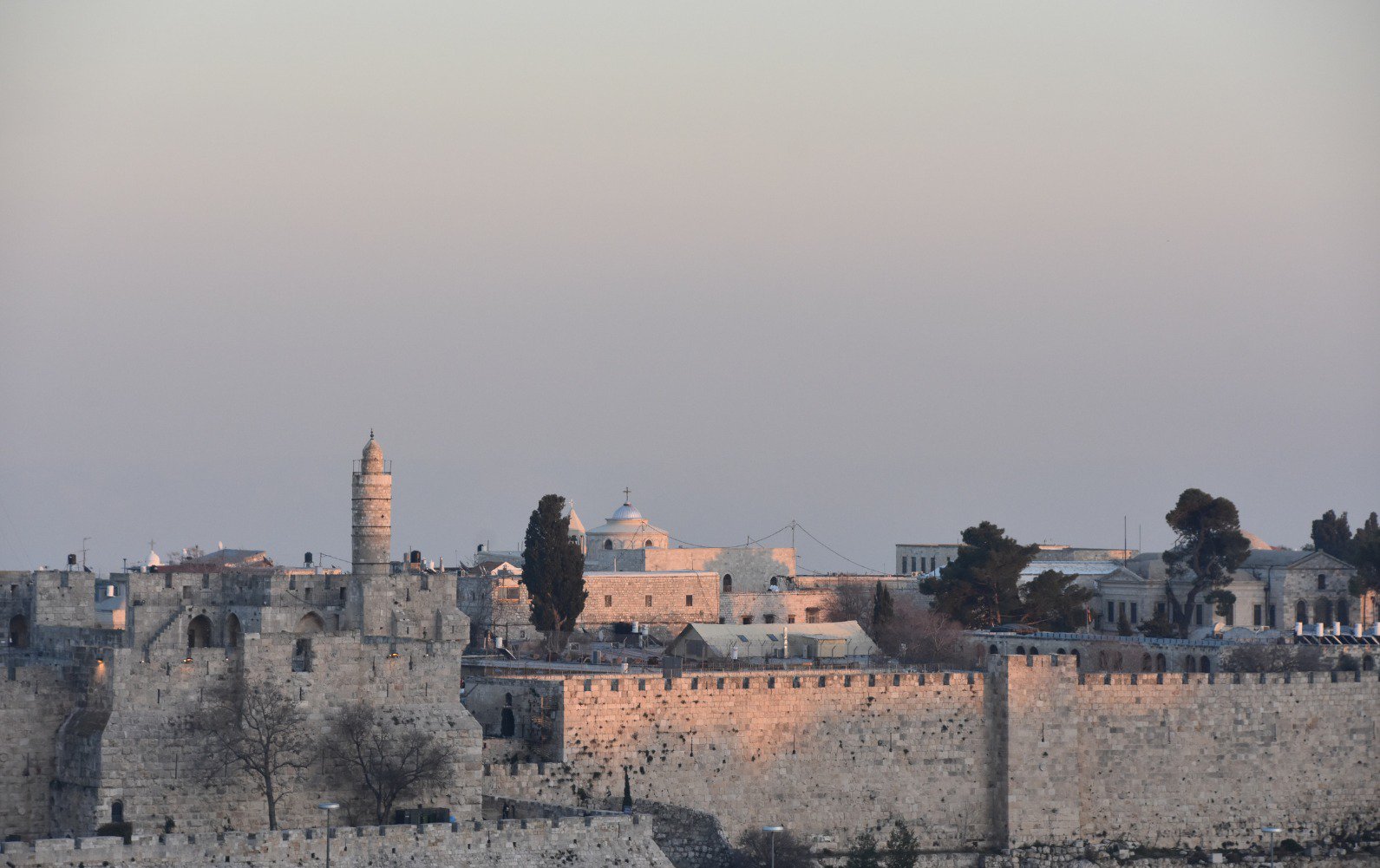I am hoping, perhaps naively, that by the time you are reading this, the rockets and the bombs and the bullets and the tear gas and the rocks and the alarms will have stopped, at least for the time being, in Israel and in Gaza. In any case, in the wake of yet another round of violence with, as many believe, no end and no solution, there will be lots of analyzing and theorizing and opining and regurgitating and blaming and rehashing and asserting and reflecting and mourning.
But even when the smoke begins to lift, a more permanent haze will set in, the fog of forgetting, as the news cycle moves on and our attention returns to Covid and the business of daily living. And it is precisely in that reversion to “normalcy” that the danger lies, and we risk yet again to not raise our level of consciousness about what is going on in Israel, not just in the last two weeks, but for 73 years and beyond. For the vast majority of people, more than anything else, the feeling of events well beyond our control will be the residual taste of this conflict, and we will be prone to surrendering to apathy or despair.
So here are five things to do when you feel powerless about what happens in Israel, to begin to refine your perspective and become a more empowered Jewish citizen of the world.
1) Get Educated. “A little learning is a dangerous thing/drink deep, or taste not the Pierian spring/there shallow draughts intoxicate the brain/and drinking largely sobers us again.” So writes the 18th century poet Alexander Pope, in the “Essay on Criticism,” warning that bits of so-called knowledge without really diving deeply into the matter may be worse than complete ignorance. In our social media version of knowing, we have all gotten drunk on fragments of hysterical and often ephemeral information.
So set out a plan for yourself to begin to read slowly and systematically, with purpose and determination, about Israel – its history; its politics, its culture; its beauty; and perhaps most crucially, its problems and its mistakes. Choose work that is serious yet accessible, and treat it as a lifetime project. Make it part of your Jewish life, just as one would with lighting Chanuka candles or baking challah or having a Seder. And what you learn about, teach your children. Make them part of the conversation and engage their views about Israel which may not be identical to your own. Have discussions inspired by light, not heat.
2) Learn Arabic. I do not mean that literally, though here is Israel I believe that should be a mandatory part of the educational system. But for world Jewry, understanding and exposing oneself to the Palestinian viewpoint—the good, the bad, the ugly—is a necessary component of beginning to understand the feedback loop of violence that curses this neighborhood. Reading what one does not agree with, or even sets one’s teeth on edge, maybe the most important part of an Israel education.
3) Congregate. I know many Jews who are part of book clubs in which they discuss the latest novels and others who will join thousands at a concert or a sporting event. But when the sirens started ringing here in Israel, I saw Palestinians in the street in London, New York, Toronto, Paris, Berlin, Sydney. Jews? Not so much. The ostensible reason is fear of anti-Semitism. But it seems like there is just a bit of embarrassment, a kind of reflexive need not to stand out.
I believe the opposite is called for at times like these. Lean into being Jewish when it becomes uncomfortable to do so. Defy anti-Semitism, not by retreating but by doubling down, exhibiting that you are proud to be a member of the Jewish people, that you identify with its joys and its tragedies. Do not let haters set the agenda for your Jewish life, dictating to you when you can be a Jew and when you need to hide. I understand that being a proud Jew does not necessarily mean backing Israel – I learned that piece of convenient wisdom from BDS supporters. (Because, surely Hamas has nothing else in mind but justice and righteousness). Still, let’s err on the side of Israel’s right to exist, and our public support for that idea even when we may have specific reservations about her policies.
4) Visit Israel. In all of the fake talk about Aliyah, something that is utterly unrealistic for most Jews, the forgotten fact is that most Jews will never even visit Israel. Again, they will traipse off to the four corners of the earth but not set foot here. But as the relationship gurus always remind us, it’s pretty much impossible to sustain a romance or even a friendship when you never see or speak to the other party. Long-distance love is hard to negotiate and distortions about your partner are bound to set in. Step foot in the land, at least once, and you will never think about Israel in the same way ever again. Come soon.
5) Pray for Peace. Every day of your life. With words. Without them. With your lips. In your heart. When you sit. As you walk. When you lie down. When you rise up. At dawn. At midnight. Standing straight. On your knees. With a smile. In tears. To God. Not to God. Now. Tonight. Tomorrow. Always.


Thank you Elliott.
Amnesia and ignorance- powerful combinations